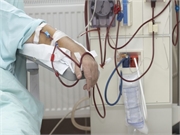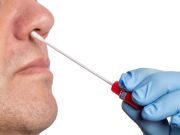
Since the coronavirus pandemic began, rates of hospital admission and death from COVID-19 have been significantly higher in men than women. Now, new Dutch research suggests a reason why: Compared to women, men have higher concentrations of a blood enzyme that helps the new coronavirus infect human cells. The enzyme is called angiotensin-converting enzyme 2… read on >


















